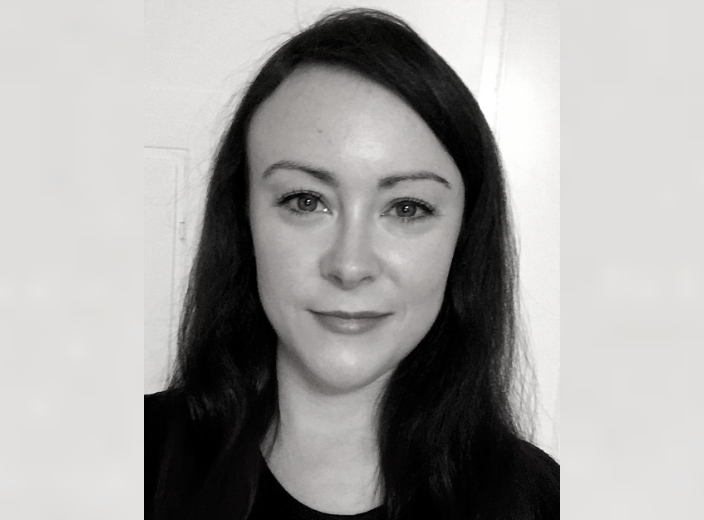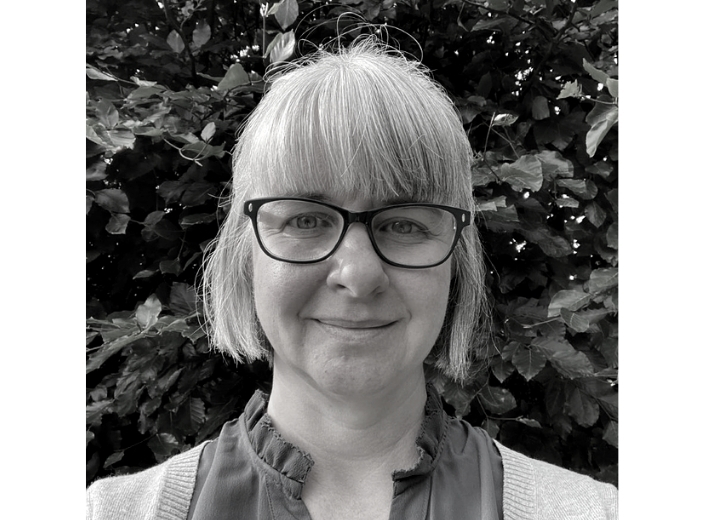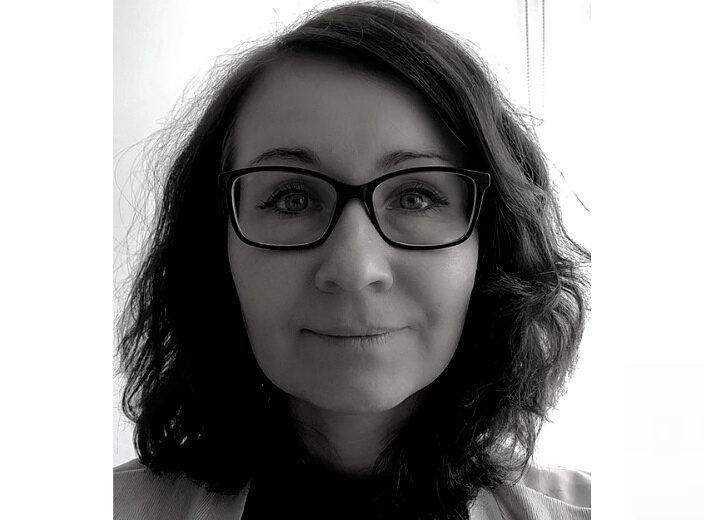-
Courses

Courses
Choosing a course is one of the most important decisions you'll ever make! View our courses and see what our students and lecturers have to say about the courses you are interested in at the links below.
-
University Life

University Life
Each year more than 4,000 choose University of Galway as their University of choice. Find out what life at University of Galway is all about here.
-
About University of Galway

About University of Galway
Since 1845, University of Galway has been sharing the highest quality teaching and research with Ireland and the world. Find out what makes our University so special – from our distinguished history to the latest news and campus developments.
-
Colleges & Schools

Colleges & Schools
University of Galway has earned international recognition as a research-led university with a commitment to top quality teaching across a range of key areas of expertise.
-
Research & Innovation

Research & Innovation
University of Galway’s vibrant research community take on some of the most pressing challenges of our times.
-
Business & Industry

Guiding Breakthrough Research at University of Galway
We explore and facilitate commercial opportunities for the research community at University of Galway, as well as facilitating industry partnership.
-
Alumni & Friends

Alumni & Friends
There are 128,000 University of Galway alumni worldwide. Stay connected to your alumni community! Join our social networks and update your details online.
-
Community Engagement

Community Engagement
At University of Galway, we believe that the best learning takes place when you apply what you learn in a real world context. That's why many of our courses include work placements or community projects.
Musculoskeletal Disease
Musculoskeletal disorders can arise as a consequence of chronic diseases such as diabetes or osteoporosis, or from acute injuries such as fractures, osteoectomy, or ischemia. These disorders lead to pain, reduced mobility, increased infection rates, inability to work/socialize, poor mental health and consequently a lower quality of life. The prevalence of such disorders increases with age, and given our ageing population, research into the mechansims of musculoskeletal disorders to allow for the design of novel and effective therapeutics is vital, particularly since there is no effective treatment available for many musculoskeletal conditions. Interestingly, given the symbiotic relationship between muscle and bone, understanding the pathological aetiology and designing regenerative therapies often necessitates integrated research encompassing both muscle and skeletal tissues.
The REMEDI Musculoskeletal Research Programme
Research teams in REMEDI are investigating both the aetiology of bone disorders, such as osteoporosis and diabetic osteopathy, and regenerative therapies to address bone defect/ fracture repair caused by diease or trauma. For example, researchers are exploring the underlying mechanisms of bone disorders by examining disease-specific progenitor cell populations. In particular they are developing interventional therapies such as novel bone graft substitutes and cellular therapies targetting fracture repair. REMEDI research teams are also developing therapies to tackle muscle damage that occurs as a complication of diabetes. Furthermore, our researchers are investigating the mechansims of muscle wasting during common conditions, such as sarcopenia or cachexia, as well as rare disorders, such as amyotrophic lateral sclerosis (ALS). This research is focused on non-coding RNAs, such as microRNAs as potential therapeutics for muscle wasting, as well as investigating RNAs as potential therapeutics for conditions with no treatment options, such as ALS.








.jpg)











